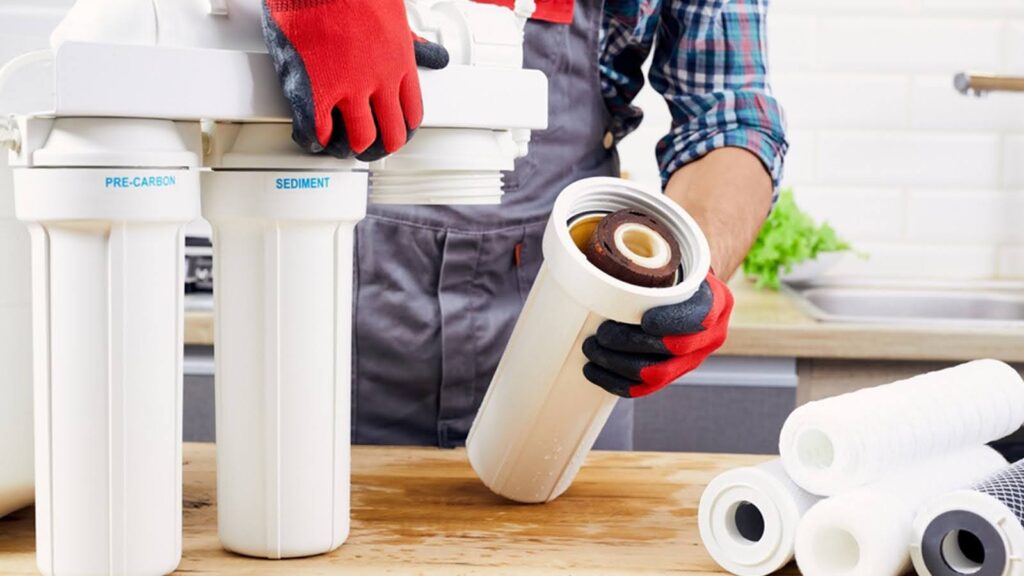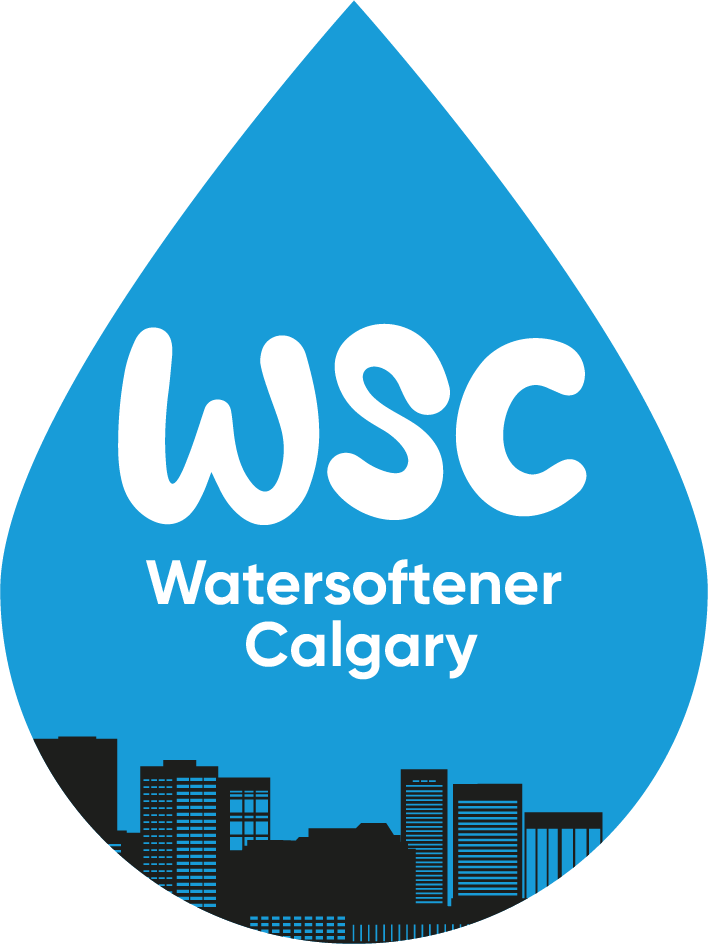You’ve finally decided to invest in a water softener. But now comes the real challenge: installation.
In Calgary, where very hard water is more than just an annoyance , the way your softener is installed can determine whether it lasts five years or fifteen, whether it saves you money or quietly drains your wallet through inefficiency.
A water softener is more than an appliance. It’s part of your plumbing ecosystem, your home’s long-term health, and your family’s everyday comfort. Unfortunately, many homeowners assume installation is a quick DIY task or a cookie-cutter service. It’s not.
This guide takes you step by step through what you should know before, during, and after installing a water softener in Calgary. From common pitfalls to hidden plumbing codes, it’s your blueprint for a smart, future-proof setup.

Table of Contents
ToggleCalgary’s Hard Water: The Real Cost of Doing Nothing
According to the City of Calgary, municipal water averages about 180 mg/L of calcium carbonate. That’s firmly in the “very hard” category. Left untreated, this mineral-heavy water causes:
- Scale buildup in pipes, taps, and water heaters
- Reduced efficiency of furnaces and boilers with humidifiers
- Faded laundry and soap scum residue
- Dry, irritated skin and brittle hair
Over time, untreated hard water damages appliances, lowers efficiency, and adds unnecessary costs to your utility bills.
To understand more about how different water treatment technologies handle Calgary’s unique hardness, read our guide: Water Softener Technologies Guide in Calgary
What Happens When You Skip Proper Installation
Even the best water softener can underperform if installed incorrectly. Homeowners who try to cut corners often face:
- Drainage and overflow violations
- Incorrect regeneration cycles
- Leaks or bypass valve failures
- Voided manufacturer warranties
A $1,500 system can become a costly liability if installed poorly.
DIY vs Professional Install: What’s Really at Stake
The Allure of DIY
YouTube makes it look simple: a few hoses, a bypass valve, and some salt. But Calgary’s plumbing codes and water conditions add complexity that most DIY setups miss.
Common DIY Risks
- Cross-connecting hot and cold lines
- Incorrect drain slope or missing air gaps
- Wrongly sized systems (grain capacity errors)
- Violating plumbing codes that can affect resale or insurance
Most critically: if a DIY-installed system floods, your insurance may not cover it.
The Professional Difference
Licensed installers in Calgary understand both the city’s plumbing codes and your home’s layout. They account for:
- Proper location (basement vs utility room)
- Drain line setup with air gap
- Pressure regulation for Calgary’s water supply
- Correct bypass valve and flow configuration
For a deeper dive into how advanced softening alternatives like TAC systems work, see: Template Assisted Crystallization (TAC) Systems
Do You Even Need a Softener? Signs to Watch For
Signs you need one:
- White deposits on faucets, kettles, or humidifiers
- Dry skin and dull hair after showering
- Laundry that feels stiff or looks faded
- Frequent repairs to dishwashers, washing machines, or hot water tanks
- Soap that won’t lather properly
How to confirm:
Request a free water test from a local expert or use a DIY strip kit. Anything above 120 mg/L (7 GPG) confirms that softening is worthwhile, and Calgary averages about 180 mg/L.
What a Proper Installation Looks Like, Step by Step
- Assessment & Planning: Identify main water entry, floor drain access, electrical outlet, and unit placement.
- Shut-Off & Cut-In: Shut water off, relieve pressure, and cut into the supply line with copper or PEX.
- Bypass Valve Installation: Ensure water can bypass the softener during servicing.
- Drainage & Overflow Setup: Install drain lines for brine discharge with the required air gap. Add overflow protection.
- Programming & Configuration: Set regeneration based on Calgary’s hardness levels and household water use.
- Final Inspection & Test Run: Check for leaks, run test cycles, and confirm regeneration programming.
Plumbing Codes, Permits, and Drain Line Rules in Calgary
Installing a water softener here isn’t just about plumbing, it’s also about compliance.
Key plumbing code highlights:
- Discharge lines must have an air gap to prevent backflow
- Brine drains must follow slope and elevation rules
- A pressure regulating valve (PRV) may be required for homes with high incoming pressure
Ignoring these requirements can lead to fines, failed inspections, or insurance problems in the event of water damage.
What Makes a Good Installer in Calgary?
Questions to Ask:
- Are you licensed and insured for plumbing in Alberta?
- Do you provide a warranty on installation?
- Have you installed systems in Calgary homes similar to mine?
- Do you handle permits and inspections if needed?
Red Flags:
- Flat-rate quotes with no clear breakdown
- No warranty or business address
- Aggressive upselling of oversized systems or unnecessary add-ons
Aftercare: What to Do Post-Installation
Immediate steps:
- Check for leaks around fittings
- Fill the brine tank with salt or potassium chloride
- Manually initiate the first regeneration cycle
Ongoing care:
- Refill salt monthly
- Clean the brine tank quarterly to prevent bridging
- Replace pre-filters annually if installed
- Sanitize resin bed every 12 months
A properly installed and maintained softener will last 10–15 years.
Common Mistakes and How to Avoid Them
Mistake 1: Buying Before Testing
Always test water hardness before sizing your unit.
Mistake 2: Skipping a Pre-Filter
If your water contains sediment, chlorine, or rust, a pre-filter is essential.
Mistake 3: Choosing Based on Price Alone
The cheapest installation can become the most expensive if it fails code or causes damage.
Want to compare other water treatment methods like reverse osmosis or ion exchange? Reverse Osmosis vs Ion Exchange: Which Is Right for Calgary Homes?
Conclusion
In Calgary, with very hard water and specific plumbing requirements, professional installation isn’t optional, it’s essential.
Whether you’re upgrading or installing for the first time, the right installer ensures efficiency, compliance, and long-term performance.
At Water Softener Calgary, we provide licensed installation backed by local expertise and ongoing support. Because in Calgary, the way you install your water softener is just as important as the softener you buy.
Call Us At: 587-400-0790Email Us At: hello@watersoftenercalgary.ca



